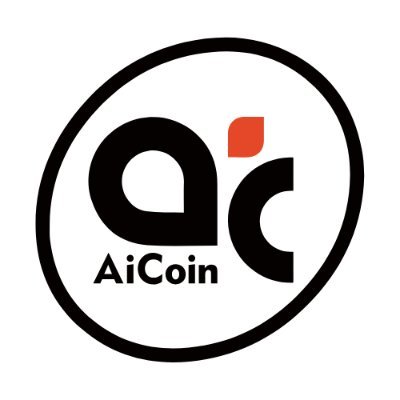
Coin-related
Price calculator
Price history
Price prediction
Technical analysis
Coin buying guide
Crypto category
Profit calculator

Communis priceCOM
How do you feel about Communis today?
Price of Communis today
What is the highest price of COM?
What is the lowest price of COM?
Communis price prediction
When is a good time to buy COM? Should I buy or sell COM now?
What will the price of COM be in 2026?
What will the price of COM be in 2031?
Communis price history (USD)
 Lowest price
Lowest price Highest price
Highest price 
Communis market information
Communis holdings by concentration
Communis addresses by time held

Communis ratings
About Communis (COM)
Introduction to Cryptocurrencies: Historical Significance and Key Features
Understanding the historical significance and the key features of cryptocurrencies offers deep insights into the evolution of digital assets. Despite being a relatively nuevo phenomenon, cryptocurrencies have revolutionized the way we perceive and handle transactions, marking a significant milestone in the financial history.
Historical Significance of Cryptocurrencies
The concept of cryptocurrencies stepped into the financial scene with the development of Bitcoin in 2009, proposed by the pseudonymous individual or group known as Satoshi Nakamoto. However, prior to this, attempts at creating a decentralized digital cash system, such as B-Money and Bit Gold, were unsuccessful. By solving the problem of double-spending (a potential flaw in a digital cash scheme where a single digital token can be spent more than once), Bitcoin emerged as the first decentralized cryptocurrency, paving the way.
Bitcoin's birth is considered one of the most influential events in monetary history as it was the first system that successfully eliminated a central authority. From a historical perspective, cryptocurrencies can be seen as a response to the financial crisis of 2008, as many people began to distrust the traditional banking system and government control over their money. The cryptocurrency world saw a significant expansion over the years, as numerous other digital currencies followed Bitcoin’s success.
Key Features of Cryptocurrencies
The efficiencies, flexibility, and global reach that comes with cryptocurrencies are largely due to their inherent traits. Here are some key features:
1. Decentralization: The most significant feature of cryptocurrencies is decentralization. Unlike traditional currencies managed by central banks, cryptocurrencies operate on a network of computers distributed worldwide.
2. Security and Privacy: Transactions using cryptocurrencies are secured through advanced cryptographic techniques. Moreover, these transactions can offer more privacy than traditional payment systems.
3. Transparency: Each transaction involving cryptocurrencies is recorded on a public ledger called a blockchain. This feature is important for ensuring the transparency and irreversibility of transactions.
4. Limited Supply: Most cryptocurrencies have a predefined supply limit. For instance, the total amount of Bitcoin that can ever be mined is capped at 21 million.
5. Usability: Cryptocurrencies can be sent and received anywhere around the globe, any time, provided there's a stable internet connection.
6. Volatility: Cryptocurrencies are known for their volatility. While this may attract traders who stand to benefit from price swings, it may also pose risks to investors.
Conclusion
In concluding, cryptocurrencies have marked an important paradigm shift from traditional, centrally managed currencies, to decentralized digital currencies. This evolution continues to drive innovation within the financial technology space. While volatility and regulatory uncertainties are challenges, the potential offered by cryptocurrencies in terms of convenience, speed of transactions, and inclusivity, is undeniable. No doubt, cryptocurrencies are here to stay and will likely play an even more significant role in the future global economy.
COM to local currency
- 1
- 2
- 3
- 4
- 5
Communis news





Buy more
FAQ
What is the current price of Communis?
What is the 24 hour trading volume of Communis?
What is the all-time high of Communis?
Can I buy Communis on Bitget?
Can I get a steady income from investing in Communis?
Where can I buy Communis with the lowest fee?
Where can I buy crypto?
Video section — quick verification, quick trading

COM resources
Tags:
Bitget Insights



Related assets


































